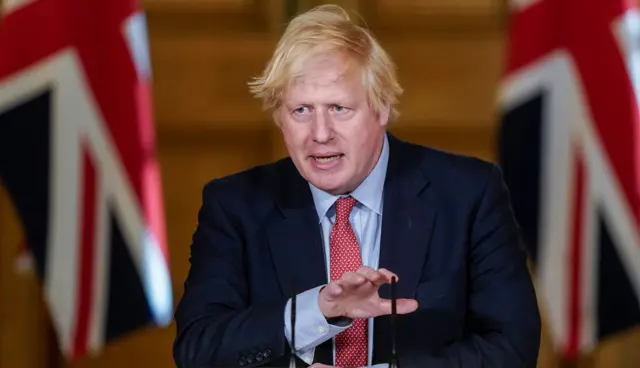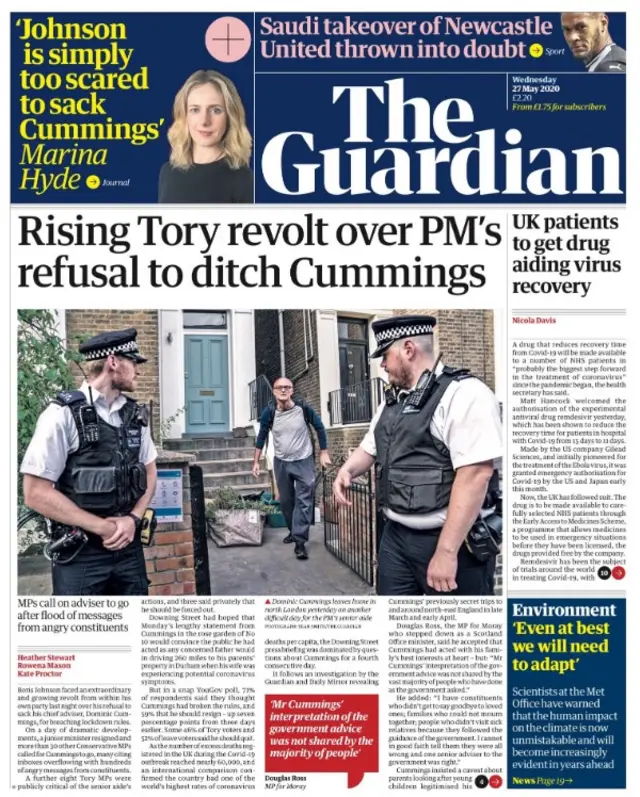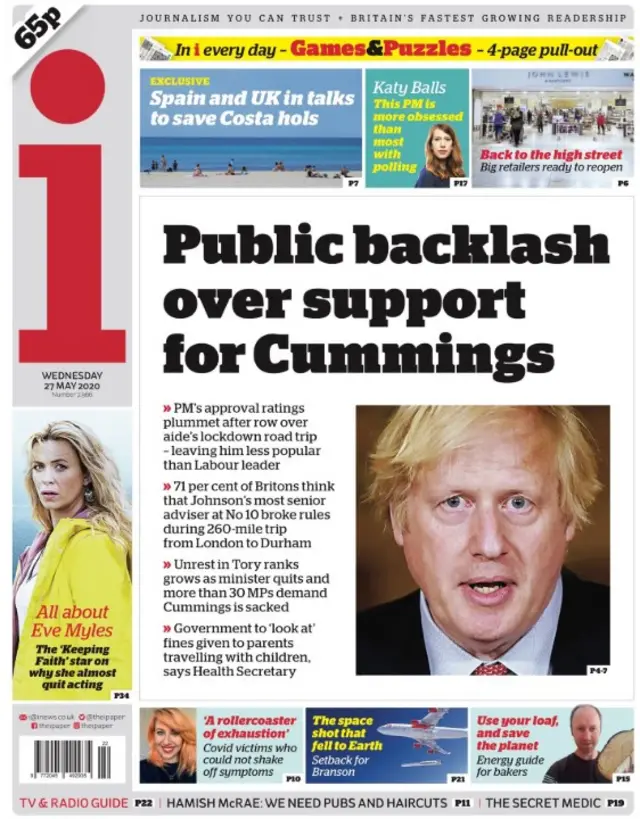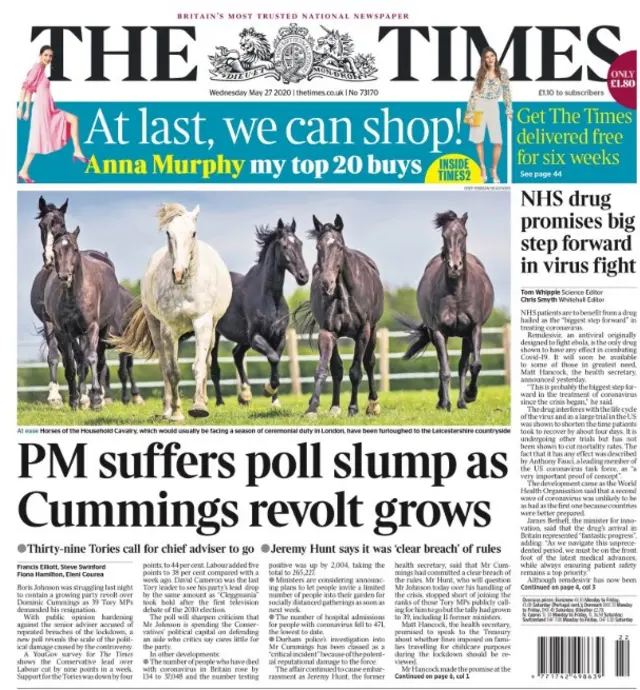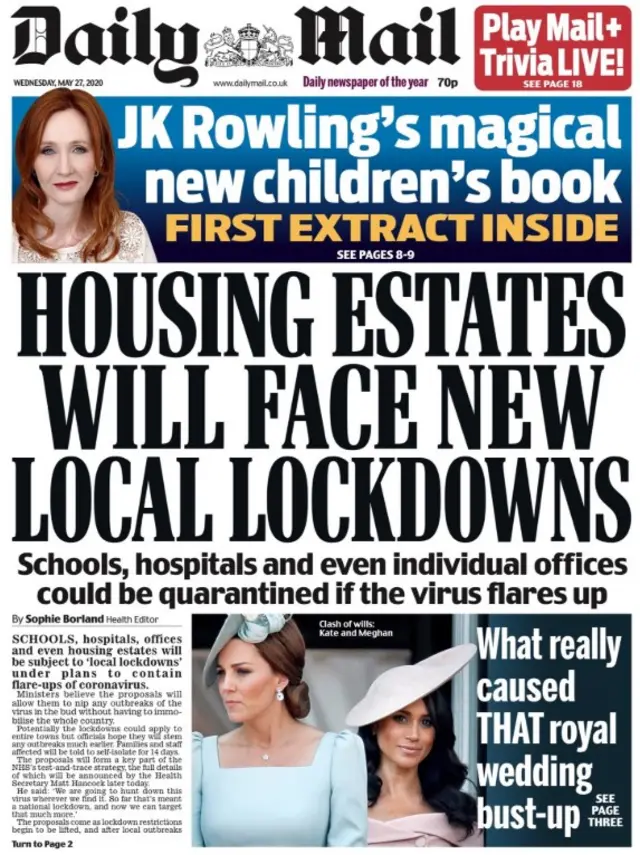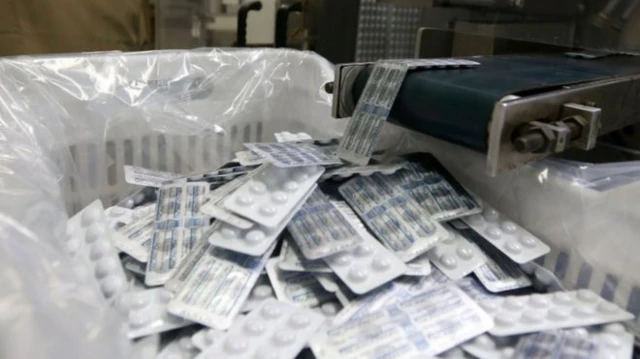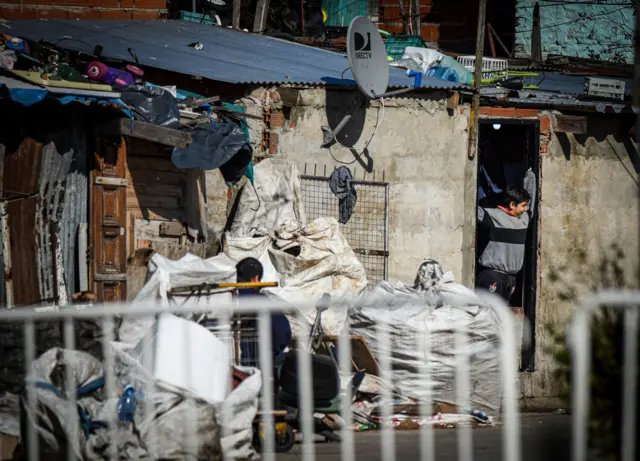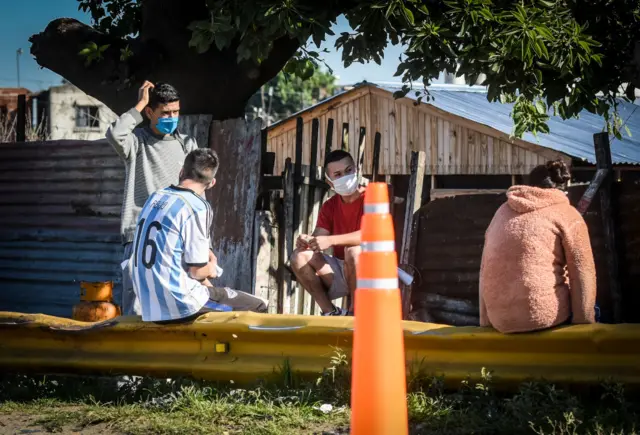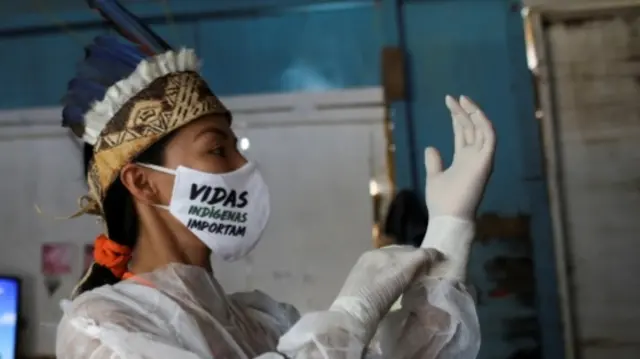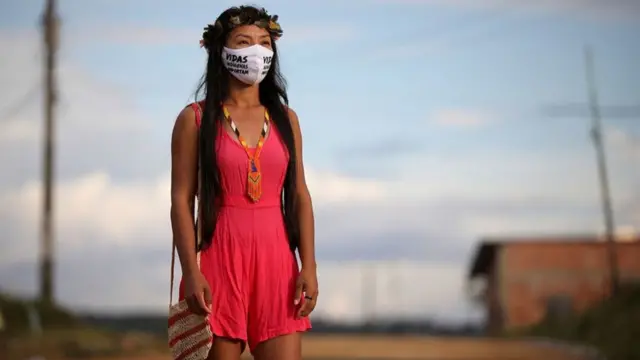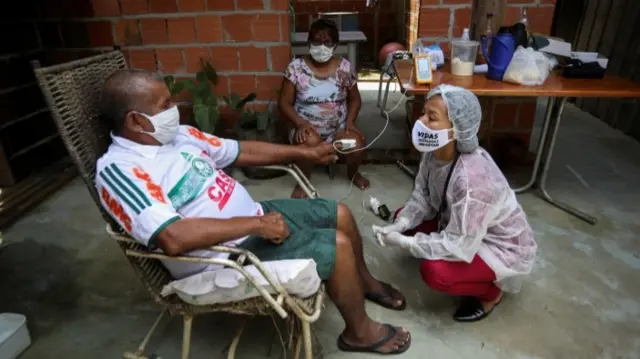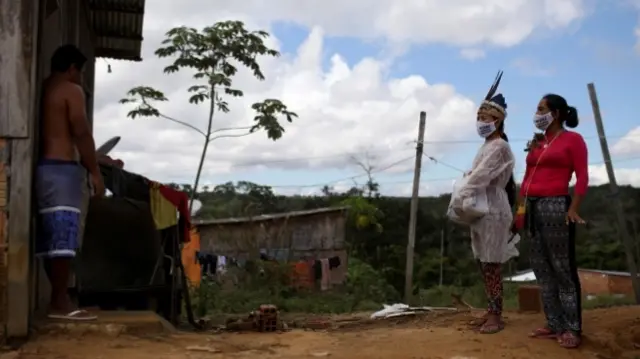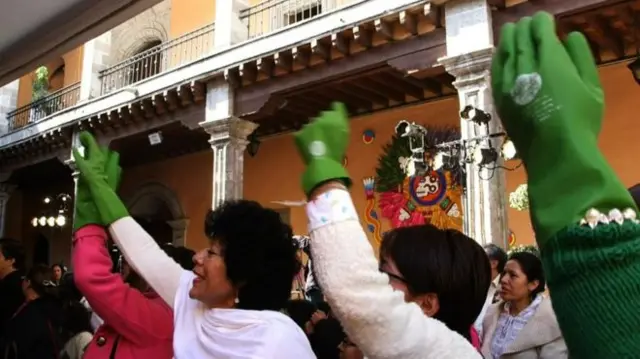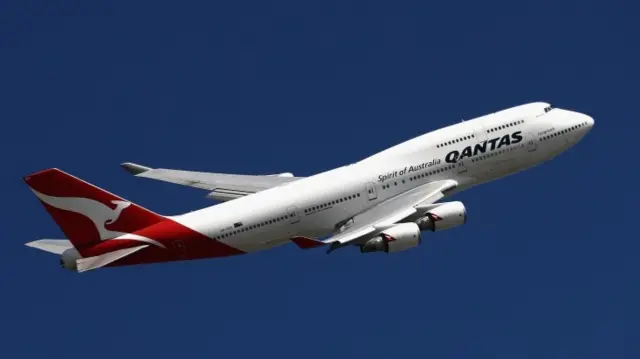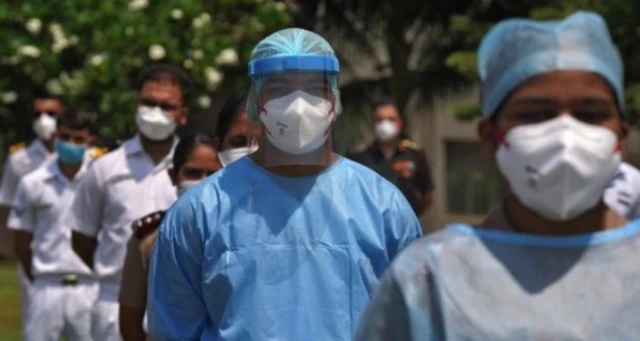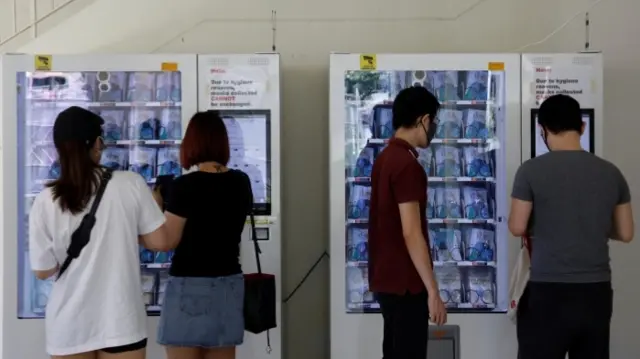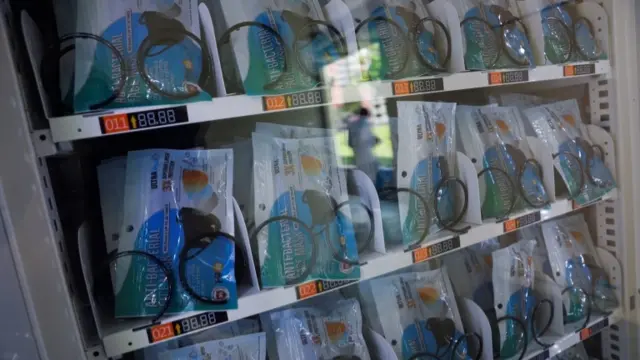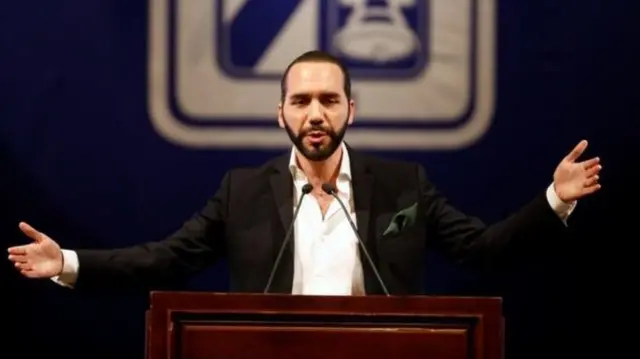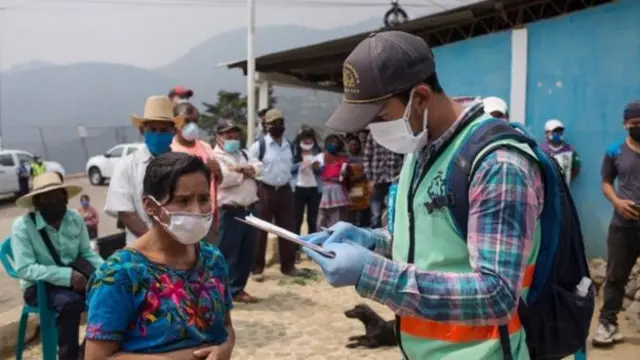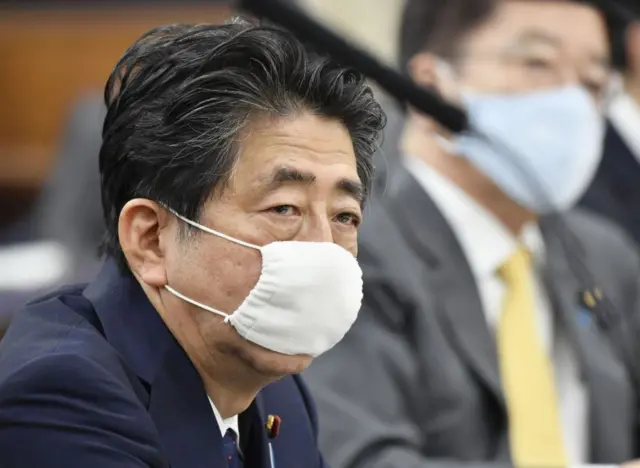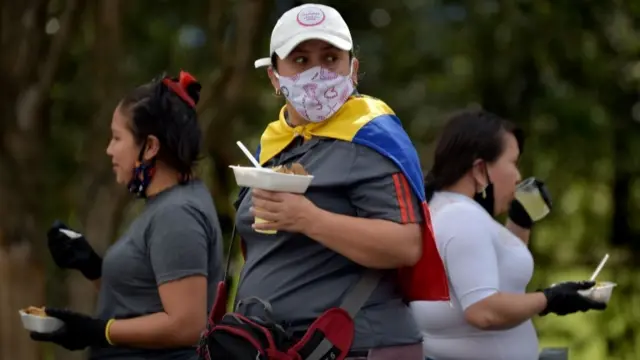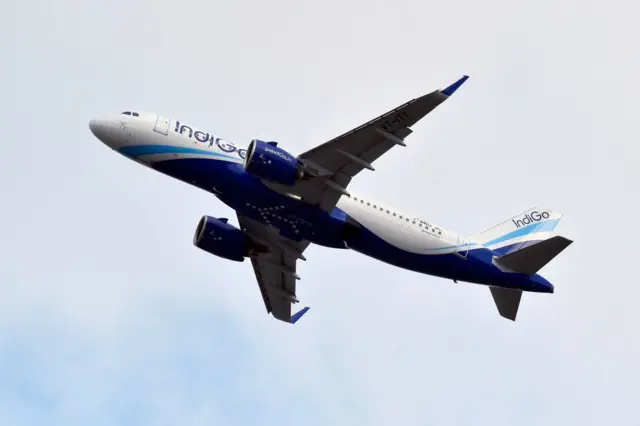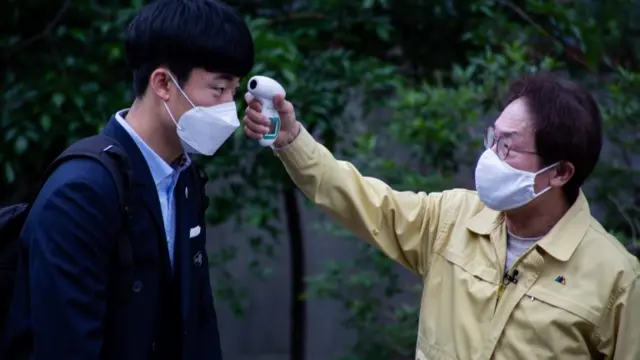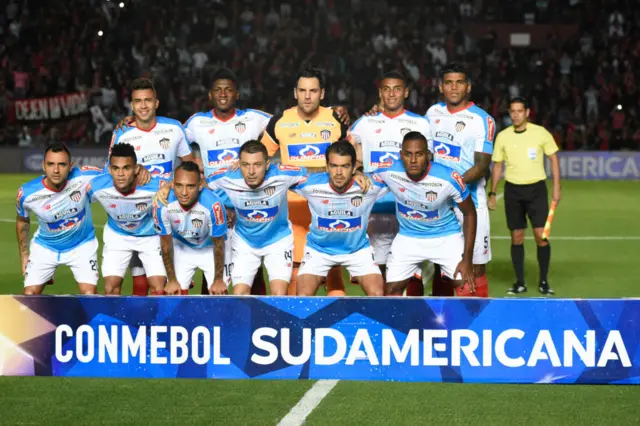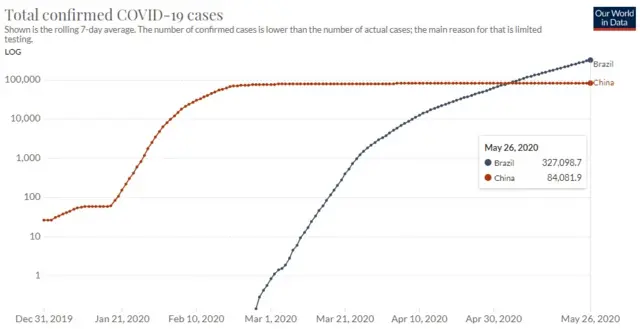Vicar 'disappointed' over UK lockdown fines decisionpublished at 07:56 BST 27 May 2020
 Today Programme
Today Programme
BBC Radio 4
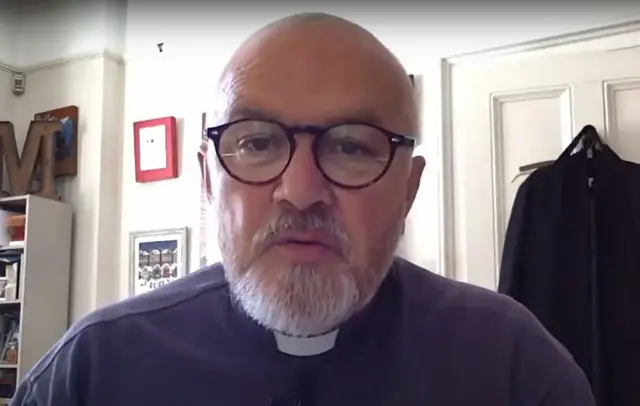 Image source, PA Media
Image source, PA MediaRev Martin Poole asked the government if it would review the fines of people who breached lockdown for childcare
The vicar who pressured Health Secretary Matt Hancock over a review of lockdown fines told BBC Radio 4's Today programme that it was "disappointing" to see the government row back on its offer to look into the matter.
After the prime minister's aide Dominic Cummings used childcare to justify a 260-mile trip during lockdown, the Rev Martin Poole from Brighton asked at the daily Downing Street briefing if that would mean other people fined for lockdown breaches who had been seeking childcare would see their penalties reviewed.
Mr Hancock told the briefing it was "a very good question" and that the government would "look at it", discuss it with the Treasury and make "an announcement from this podium". But later reports suggested that there would be no formal review, and Mr Hancock would just relay the concerns to the Treasury.
"I took him at his word. That was really nice to hear," said Mr Poole. "It’s a little disappointing to hear that they’ve rowed back on that."
